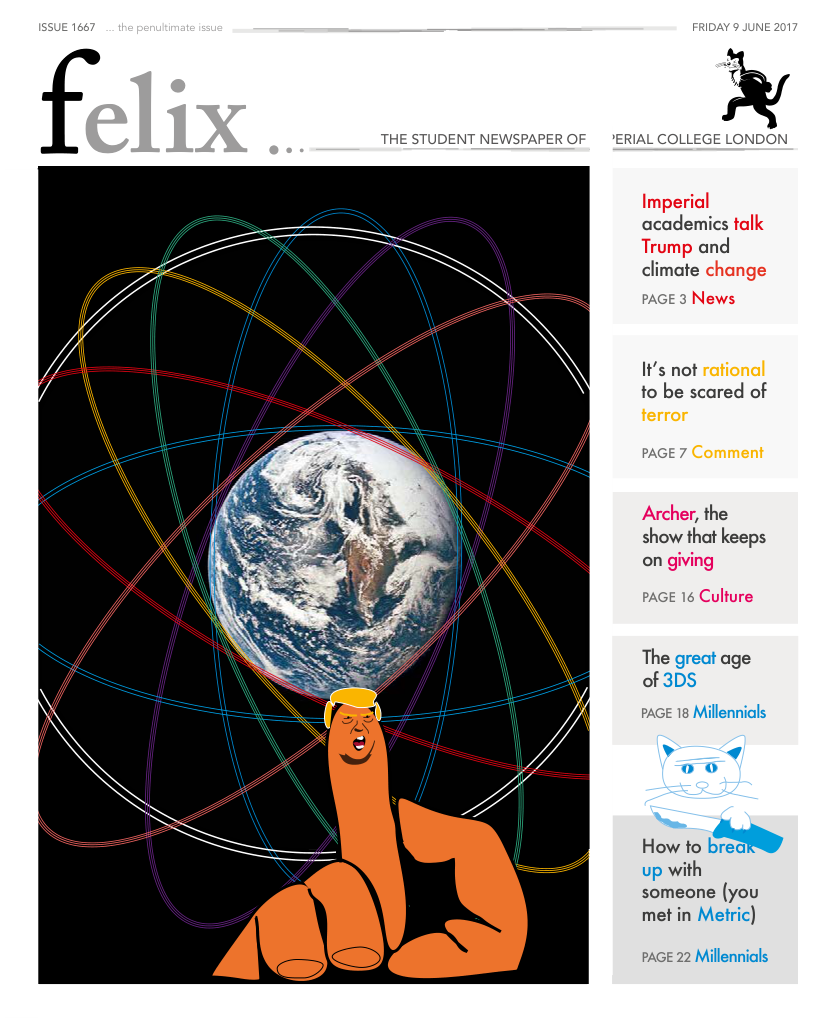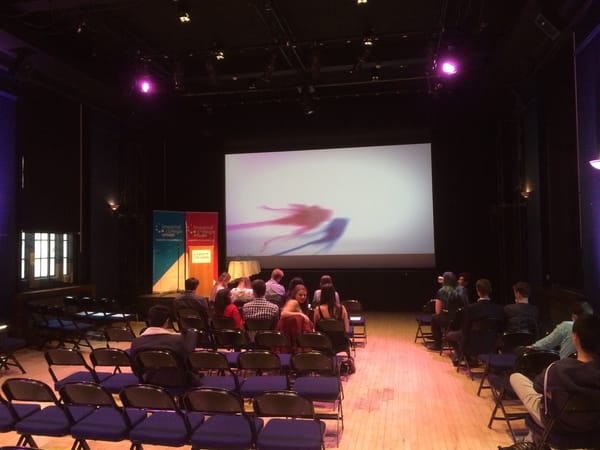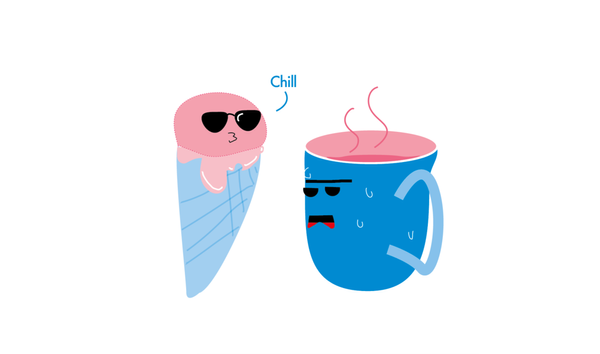We’re all a bunch of boozy drug addicts
Alcohol is a drug and it's time we include it the converastion

Every single one of us has as some point been lectured about the dangers of cocaine, Adderall, and heroin. Take them once and it might not be long before you’re finding an excuse to take them again. Regardless of whether it’s the oh-so-good high or a few too many nights out one week, you can easily stumble from a ‘managed’ habit into an addiction without realising it. The risk of addiction and its woes are hammered home by our parents and teachers in school, and most of us enter University holding an oath never to touch ‘those bad drugs’. Financial destitution, a septum on permanent leave, and those “This is your brain on drugs” PSAs haunt our thoughts at the mention of Class As. Yet despite this oath (however long it remains intact throughout our years at University), many of us become addicts in our first week here. Our drug of choice? Alcohol.
With Summer imminent, excuses today become as common as much : BBQs, lads’ holidays, and epic trips to find yourself in Southeast Asia are all socially convenient ways of fuelling your addiction. An addiction borne of the almost unlimited freedom gifted to us as freshers, having moved out from under the watchful eyes of our parents and landed a seemingly astronomical stipend from the Government. After waving goodbye to our parents on move-in day, it is mere hours before we are taking advantage of the newly affordable shot-racks in Metric. From that day forward, grotesque quantities of alcohol are consumed on a near-nightly basis at pre-drinks sessions and in the Union at circles. Friends’ hair is held up as they chunder into a toilet, if they’re feeling particularly conscientious, or onto the pavement if not. During freshers’ week, blacking out before you make it to the club becomes a great ice breaker rather than a worrying harbinger of nascent alcoholism. If someone told you they regularly took a drug which left them in such a state, you would be concerned, yet we regularly drink booze in the name of fun. For a lot of people, rampant alcoholism, like other drug use, is confined to a soon-to-be-nostalgic experimental phase, filled with embarrassing Facebook pictures of those four months you committed to growing your hair out, or that Bob Marley lyric you had tattooed on your left ankle. University is about testing our limits and defining our boundaries. It’s often where we invent our identity. We all do things we will later look back on and laugh at, and other things that will go on to shape who we are as people for the rest of our lives. In the same fashion, our over indulgence in alcohol can continue past our Uni days, with all the health risks that entails. Just a three-year stint of alcohol abuse is seen as a rite of passage in students’ lives, but we would be horrified at the thought if it were another recreational drug.
Alcohol is a drug. It is a depressant, resulting in slurred speech, reduced cognitive ability, focus, perceptual disturbances, and slowed reactions. Most people drink it to relax and employ their reduced inhibitions by throwing shapes and attempting to chat potential partners up on a night out, yet at higher doses its depressant effects are felt in full force. I’m sure I don’t need to say more about the consequences of overindulging; many of us have experienced them ourselves. Most of us are also aware of its toll on society. In 2014, there were nearly 9,000 alcohol-related deaths in the UK. Drinking makes up 10% of the UK burden of disease and death, ranking it third in lifestyle risk factors, after smoking and obesity. Even moderate use can have health effects, from weight gain to reduced exercise performance, while heavy use can lead to serious health risks such as cirrhosis of the liver and oesophageal varices, which can cause you to literally spew blood. I’m not advocating prohibition, all I’m saying is that its uses and risks should be considered as thoroughly as they are for other drugs.
I like a drink as much as the next person. Alcohol is deeply embedded in many cultures as a gastronomic pleasure and social enabler. It is this long cultural history, combined with the incredible lobbying power of the Goliath alcohol industry that exempts alcohol from being included in drug awareness talks, or most recently, the Psychoactive Substances Act 2016, which saw other formerly legal highs banned. In a society that prioritises science as a means of knowing the world, we need an evidence-based drugs policy that gives fair consideration to all substances based on their health risks. As long as we continue to ignore the facts, substance abuse will take its toll on our health and our economy.









